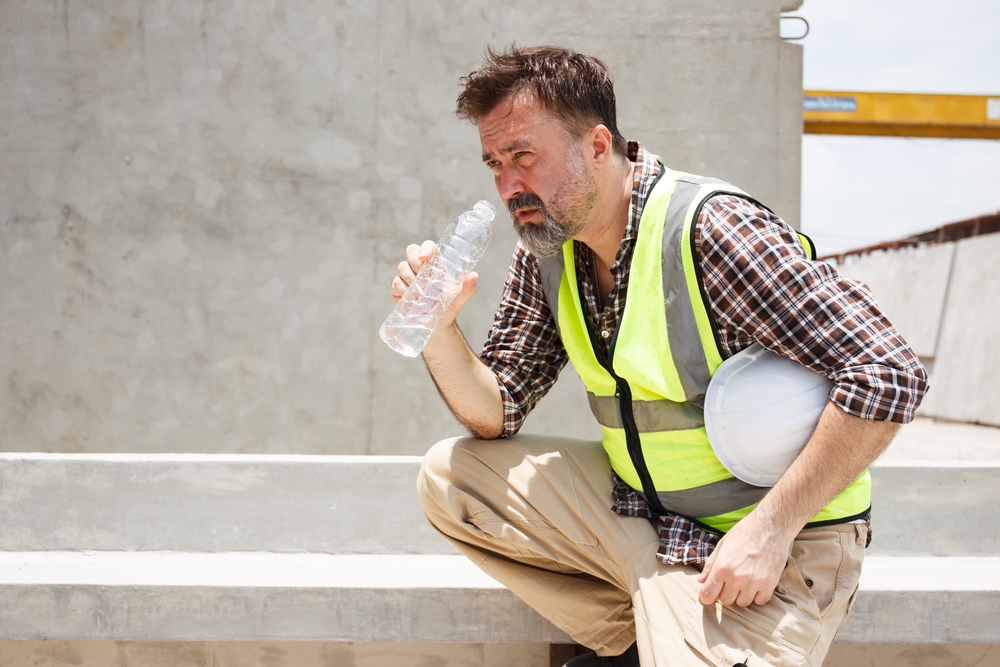When the Florida sun is at its peak, the heat isn’t just uncomfortable—it can be dangerous. Every year, heat stroke sends thousands of people to the hospital, and in some cases, it leads to long-term disability or even death.
While the vast majority of heat stroke incidents are preventable, not all of them are accidental. Some happen because someone failed to act responsibly—whether it’s an employer, a caregiver, or a property owner. In those cases, you may have the right to seek legal action.
In this blog, we’ll break down what you need to know about heat stroke injuries, how they can turn into personal injury claims, and when it’s time to contact a heat stroke injury attorney in Florida.

What Is Heat Stroke—and Why Is It So Dangerous?
Heat stroke is the most serious form of heat-related illness. It happens when the body’s temperature rises rapidly and the body can’t cool down. If left untreated, it can cause:
- Brain damage
- Organ failure
- Permanent disability
- Death
Common symptoms include:
- Confusion or slurred speech
- Hot, dry skin (or excessive sweating)
- Nausea and vomiting
- Seizures
- Loss of consciousness
- Rapid heartbeat
According to the CDC, heat stroke can be fatal if not treated within 10 to 15 minutes. That’s why early intervention—and prevention—matters so much.
Source: Centers for Disease Control and Prevention (CDC) – Heat-Related Illnesses
When Is Heat Stroke Most Common in Florida?
Florida’s warm climate makes heat-related injuries a year-round concern, but they’re especially common during:
- Summer months (May through September)
- Outdoor events and sports practices
- Workdays for construction, landscaping, and agricultural workers
- Times of high humidity with no air circulation
In many of these scenarios, someone else is responsible for safety—like a coach, employer, or facility operator. When that responsibility is ignored, serious injury can follow.
Who Is Liable for a Heat Stroke Injury?
Not every heat stroke injury results in a lawsuit—but when the incident happens because someone failed to take proper precautions, liability may apply.
Common liable parties include:
- Employers who don’t provide adequate water, rest breaks, or shade for outdoor workers
- School officials or coaches who push student athletes beyond safe limits
- Caregivers or nursing home staff who leave elderly or disabled individuals unattended
- Property owners or event organizers who fail to offer shelter or emergency aid
When negligence like this leads to serious harm, a personal injury claim may help you recover the medical costs, lost wages, and long-term care expenses associated with heat stroke.
Source: Occupational Safety and Health Administration (OSHA) – Heat Illness Prevention
Can Heat Stroke Cause Long-Term Damage?
Yes. One of the most searched questions about heat stroke is: “Can heat stroke cause brain damage?”
The answer is yes—especially if left untreated. Severe cases can result in:
- Cognitive impairment
- Memory loss
- Loss of motor function
- Organ damage (liver, kidneys, heart)
These complications aren’t just physical—they’re life-altering. Victims may require months or years of care, and their families may suffer emotional and financial strain. That’s why understanding your legal options matters.
Can You Sue for a Heat Stroke Injury in Florida?
If you or a loved one has experienced a heat stroke and suspect negligence was involved:
- Seek immediate medical attention
- Document the incident (photos, witnesses, conditions)
- Request copies of medical records
- Contact a personal injury lawyer familiar with heat stroke cases
Don’t delay—evidence can disappear quickly, especially in workplace or institutional settings.
Talk to a Florida Heat Stroke Injury Attorney
At Aloia | Roland, we understand the unique dangers that come with Florida’s climate—and the responsibility others have to keep people safe. If you or someone you love has suffered from a preventable heat stroke injury, we’re here to help.
Our team will investigate the circumstances, identify who may be liable, and fight to secure compensation for medical bills, lost income, and pain and suffering.
Call (239) 791-7950 or contact us online to schedule a free consultation with a Florida heat stroke injury attorney you can trust.

